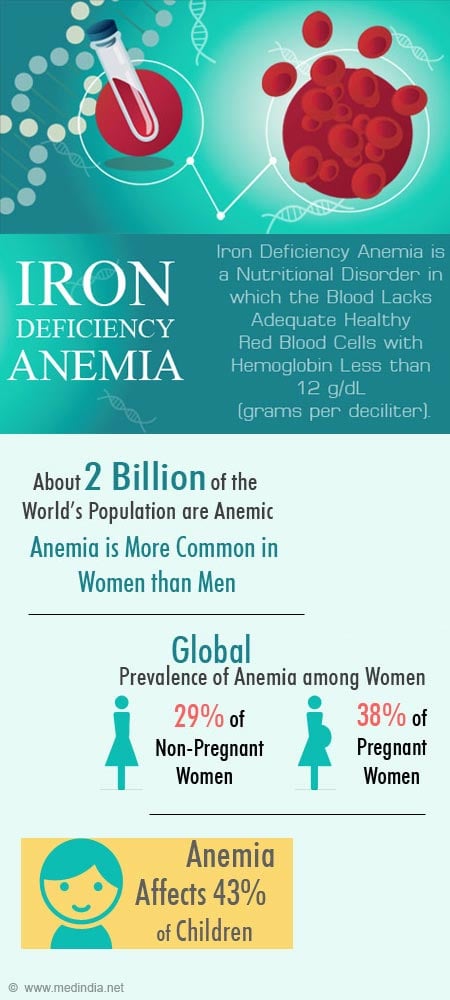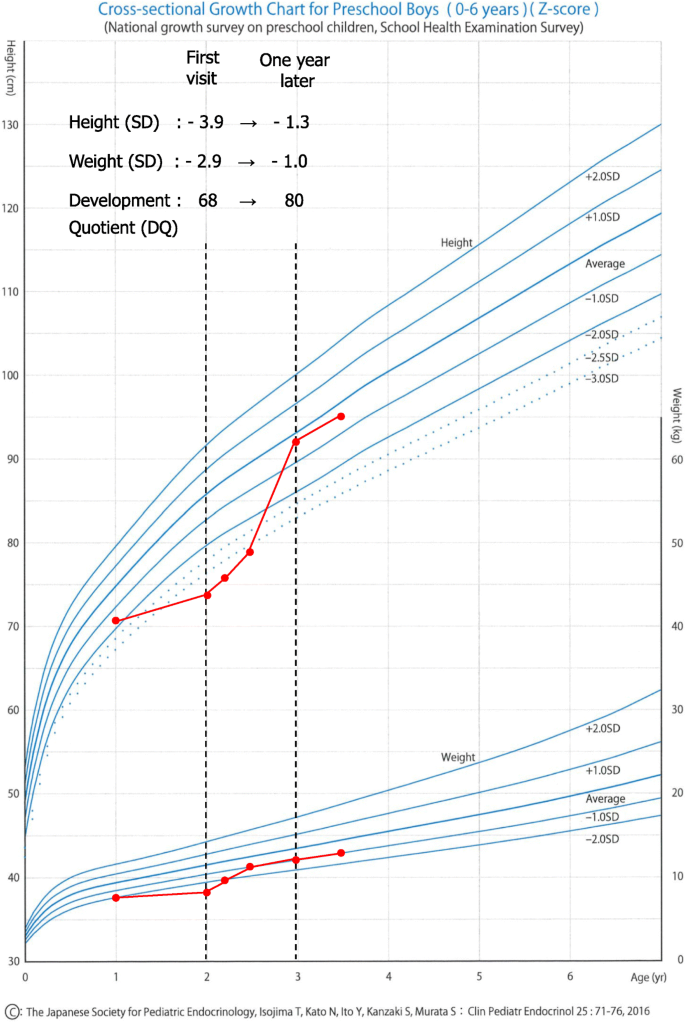Have you ever wondered why your child’s speech development seems slower than expected? As parents, you want the best for your child, but sometimes the answers are hidden in places you least expect.
Imagine discovering that something as simple as iron levels could impact your child’s ability to communicate. Surprising, isn’t it? Iron deficiency is often overlooked as a factor in speech delay, but it plays a crucial role in brain function and development.
This means that insufficient iron could be a silent culprit in hindering your child’s speech progress. You might be thinking, how exactly does iron affect speech? Or, what can you do to ensure your child is getting enough? We’ll dive into the connection between iron deficiency and speech delay, unravel the science behind it, and empower you with actionable steps to support your child’s development. Keep reading, because understanding this could be a game-changer for your child’s communication skills.
Iron Deficiency And Child Development
Iron is a crucial nutrient for children. It plays a vital role in their growth and development. Without enough iron, children may face developmental challenges. Speech delay is one of these challenges. Understanding the link between iron deficiency and development helps parents make informed choices.
Role Of Iron In Brain Function
Iron is essential for brain health. It helps in the formation of myelin. Myelin is a protective layer around nerves. This layer aids in fast signal transmission. Quick signal transmission is necessary for speech. Iron also supports neurotransmitter production. Neurotransmitters are chemicals that help brain cells communicate. Without enough iron, neurotransmitter production slows down.
Impact On Cognitive Skills
Iron deficiency affects cognitive skills. Children need strong cognitive skills for learning. Iron supports memory and attention. It aids in problem-solving abilities. Without it, children struggle to focus. They may find it hard to remember information. This can lead to learning difficulties. Speech development also relies on these cognitive skills. Adequate iron levels ensure smooth speech development.

Credit: www.medindia.net
Signs Of Iron Deficiency
Iron deficiency can impact various aspects of health, including speech development. Recognizing the signs early is crucial. This helps in addressing potential speech delays linked to low iron levels. Understanding the signs can lead to timely intervention. Below, we discuss the physical symptoms and behavioral changes of iron deficiency.
Physical Symptoms
Physical symptoms often indicate iron deficiency. Pale skin is a common sign. Some children may experience fatigue more frequently. They might struggle to engage in physical activities. Weakness can also be noticeable. Headaches might occur more often. Cold hands and feet are another sign. Brittle nails or hair loss can also appear. These symptoms suggest the need for medical evaluation.
Behavioral Changes
Behavioral changes can accompany iron deficiency. A child might display irritability or mood swings. They may have trouble concentrating on tasks. This can affect learning and communication. Reduced interest in play is another sign. A lack of appetite might also develop. Such changes can hint at underlying health issues. Observing these behaviors can prompt further investigation.
Speech Development In Children
Speech development is a key part of early childhood growth. Children start communicating from birth. This journey includes babbling, single words, and later, full sentences. Parents often watch eagerly for these speech milestones. Understanding these stages helps in identifying any delays. Speech progress can vary among children. Many factors influence it. Iron deficiency is one such factor.
Normal Speech Milestones
By the age of one, babies often say their first word. By two years, most children can speak simple sentences. They usually have a vocabulary of about 50 words. By three years, they may form longer sentences and understand more. These are typical speech milestones. Each child reaches them at their own pace. Some might advance quickly, while others take their time.
Factors Affecting Speech Progress
Speech development can be affected by various factors. Hearing issues can delay progress. A child’s environment plays a crucial role too. Regular interaction and conversation boost language skills. Nutrition also impacts speech development. Iron deficiency is a notable factor. It can slow down brain function, affecting speech. Ensuring a balanced diet helps support speech growth.
Link Between Iron Deficiency And Speech Delay
Iron deficiency is more common than you might think, and its effects can be surprisingly wide-ranging. One lesser-known impact is the potential link to speech delay in children. As parents, we often focus on visible signs of iron deficiency, like fatigue or pale skin. But have you ever considered how it might affect your child’s ability to communicate? Could addressing iron levels be a key to helping your child develop speech skills more effectively?
Scientific Studies And Findings
Recent research has shed light on the connection between iron deficiency and speech delay. Studies have shown that children with low iron levels often experience developmental delays, including in their speech. It’s not just about the physical symptoms; iron plays a crucial role in brain development. A study published in the Journal of Pediatrics highlighted that children with iron deficiency anemia were more likely to exhibit delays in speech and language skills compared to those with normal iron levels. This finding is a wake-up call for any parent concerned about their child’s communication milestones.
Possible Mechanisms
The mechanisms behind this link are fascinating yet straightforward. Iron is vital for myelin production, which protects nerve fibers in the brain. This myelin sheath is essential for effective communication between neurons, impacting speech and language development. Without adequate iron, this process is hindered, potentially leading to speech delays. Moreover, iron deficiency can affect neurotransmitter function, which is crucial for cognitive processes including language acquisition. Addressing iron levels might not just boost physical health but could also enhance your child’s ability to learn and communicate.
Understanding these mechanisms can empower you to make informed decisions about your child’s diet and nutrition. Could a simple dietary adjustment be the solution you’re looking for? Incorporating iron-rich foods like spinach, red meat, and lentils into your child’s meals might be more impactful than you think.
Have you had a personal experience where addressing iron deficiency led to noticeable improvements in your child’s speech? Share your story in the comments and help others understand the potential of this nutritional change.
Diagnosing Iron Deficiency
Iron deficiency can impact more than just physical health. It may also affect speech development in children. Identifying iron deficiency early can help address speech delays efficiently. Parents and caregivers should be aware of signs that may indicate low iron levels.
Diagnosing iron deficiency involves various medical tests. Evaluating speech delay is also essential. Both processes are crucial in understanding the link between iron levels and speech development.
Medical Tests
Doctors perform specific tests to diagnose iron deficiency. Blood tests are common. They measure hemoglobin and ferritin levels. Low hemoglobin can signal anemia. Ferritin levels show how much iron the body stores. These tests provide a clear picture of iron deficiency.
Additional tests might be needed. The complete blood count (CBC) is often conducted. It checks the size and shape of red blood cells. Abnormalities can indicate iron deficiency. A thorough medical examination is vital for accurate diagnosis.
Evaluating Speech Delay
Speech delay evaluation is essential. It helps identify underlying causes. Specialists assess a child’s speech abilities. They check pronunciation, vocabulary, and comprehension. Speech therapists play a key role in this process.
Iron deficiency might contribute to speech issues. Evaluating speech delay can reveal if iron levels are impacting development. Professionals use various methods to assess speech. Observations and standardized tests provide insights.
Early diagnosis is crucial. It allows for timely intervention. Addressing iron deficiency can lead to improved speech development. Parents should consult healthcare providers for proper assessment.
Treatment And Prevention
Iron deficiency can impact children’s development, potentially causing speech delays. Early intervention is crucial. Understanding treatment and prevention methods can help manage and reduce risks. Parents and caregivers play an essential role. Let’s explore dietary adjustments and supplementation options for managing iron deficiency.
Dietary Adjustments
Dietary changes can improve iron levels. Include iron-rich foods in daily meals. Lean meats, such as chicken and beef, are excellent sources. Plant-based options like lentils and spinach also boost iron intake. Pair these with vitamin C-rich foods to enhance absorption. Oranges and strawberries are great choices. Avoid giving tea or coffee with meals. They hinder iron absorption.
Supplementation Options
Sometimes, diet alone isn’t enough. Iron supplements can bridge the gap. Consult a healthcare professional before starting supplements. They can suggest the right dosage and form. Liquid supplements are available for young children. They are easy to consume and digest. Monitor your child’s progress regularly. Ensure they aren’t experiencing side effects.
Expert Opinions
Understanding the link between iron deficiency and speech delay is crucial. Experts provide insights into how this deficiency may impact speech development in children. Their views help parents make informed decisions about their child’s health.
Pediatric Perspectives
Pediatricians often observe various effects of iron deficiency. It can slow down brain development, affecting speech. Many believe early intervention is key. Regular check-ups can help spot any delays early. Addressing iron deficiency can improve speech and cognitive skills.
Speech Therapists’ Insights
Speech therapists also provide valuable insights. They see how iron deficiency affects communication skills. Many children with low iron struggle with forming words. Therapy combined with nutrition can make a difference. Speech therapists often work closely with pediatricians. This collaboration helps create a comprehensive care plan.

Credit: bpsmedicine.biomedcentral.com

Credit: www.instagram.com
Frequently Asked Questions
Can Lack Of Iron Cause Speech Delay?
Yes, lack of iron can cause speech delay. Iron deficiency affects brain development and cognitive functions, including speech. Children with low iron may experience slower language development. Ensuring a diet rich in iron can support healthy speech and cognitive growth.
Consult a healthcare professional for personalized advice.
What Deficiencies Cause Speech Delay?
Iron deficiency, vitamin D deficiency, and zinc deficiency can contribute to speech delays in children. These deficiencies affect brain development and communication skills. Proper nutrition and medical guidance are essential for addressing these issues. Early intervention can improve outcomes for children experiencing speech delays.
Does Anemia Cause Speech Problems?
Anemia can indirectly affect speech due to fatigue and weakness. Low oxygen levels may impair concentration and cognitive function. Addressing anemia can help improve overall health and potentially alleviate speech difficulties. Consult a healthcare professional for accurate diagnosis and treatment options.
What Are Symptoms Of Iron Deficiency In Toddlers?
Iron deficiency in toddlers can cause fatigue, pale skin, irritability, poor appetite, and delayed growth. They may also experience cold hands and feet, frequent infections, and behavioral issues. Regular check-ups and a balanced diet help prevent these symptoms.
Conclusion
Iron deficiency can impact speech development in children. Early detection is crucial. Regular check-ups help identify deficiencies. Parents should monitor their child’s diet closely. Foods rich in iron support healthy growth. Consult a healthcare professional for advice. Addressing iron deficiency early can improve speech outcomes.
Encourage balanced meals to ensure adequate nutrient intake. Understanding the link helps in taking timely action. A proactive approach benefits your child’s development. Prioritize health to support their learning journey.

